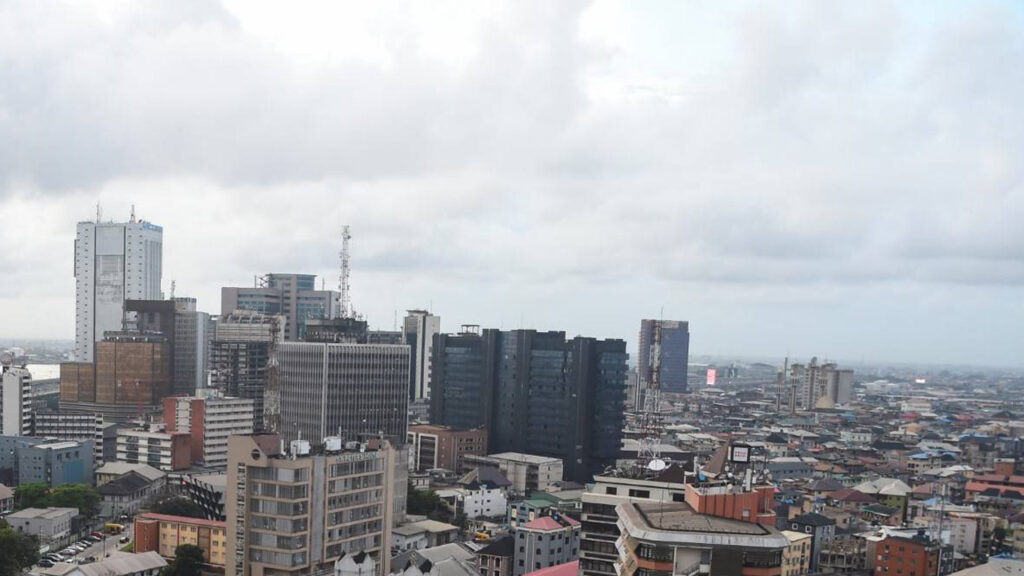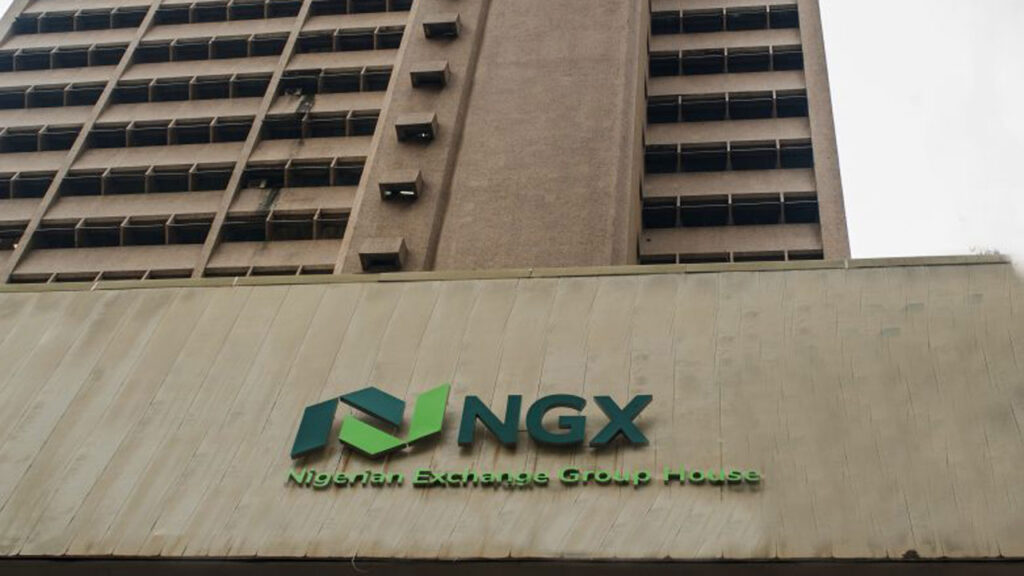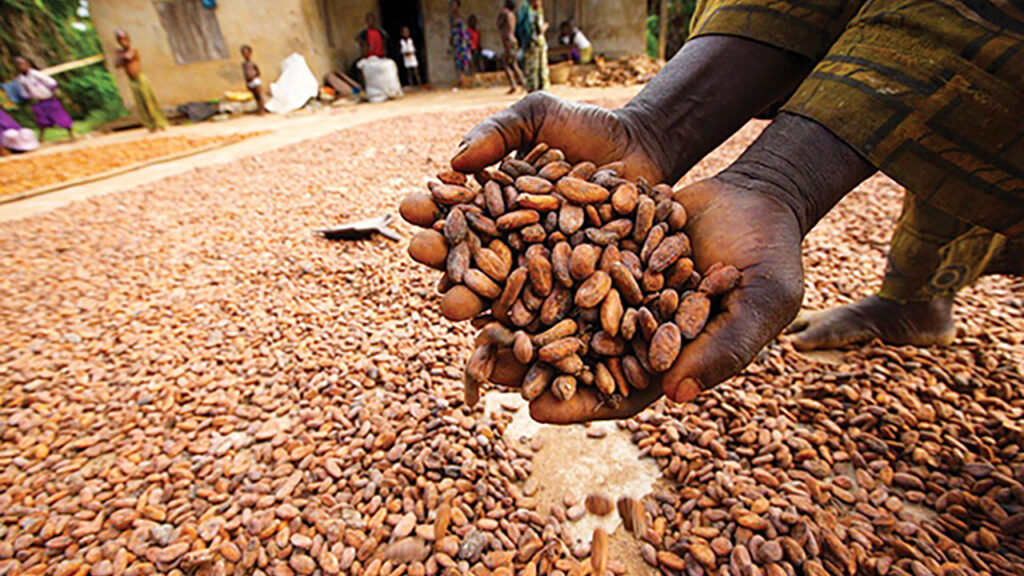
•Say rising cost of operations fueling delisting, capital flight
•44 delisted firms pull out N350b from market in seven years
•Coronation Insurance informs market of planned delisting
Uncertainty, multiple taxation, poor infrastructure and other macro-economic challenges, which have resulted in high cost of operations and triggered the delisting of quoted companies, have become a source of worry to shareholders, who have urged government to focus on creating an enabling environment for business operations.
The investors, apparently irked by the recent delisting announcement by Coronation Insurance Plc, decried the huge blow to the market.
They also urged the regulators to avert the renewed move by companies to delist voluntarily from the exchange by adopting fresh measures to deepen the market, promote more listing and encourage companies to maintain their listing status.
According to them, more worrisome is the offer price arrangement from majority shareholders, where the minority are left in the lurch with no option but to offer their shares at a discount, citing Coronation’s sharing formula, as an example.
They argued that unless appropriate measures are taken to rev up the ease of doing business in Nigeria, the current harsh operating environment would continue to depress the profit margins of listed firms, impede their growth and subsequently compel them to exit the market.
Coronation Insurance had in a letter to the exchange stated that it has received an offer from Coronation Capital (Mauritius) Limited to acquire shares of the company at 65 kobo per share and subsequently delist from the Nigerian Exchange Limited (NGX).
The company stated this in a proposed share acquisition notice to the NGX and the investment community.
According to the statement signed by Mary Agha, the Company Secretary, the offer price has been set at 65 Kobo per share, representing a 30 per cent premium over the company’s last traded price of 50 Kobo on August 12, 2021.
But the shareholders have faulted the 65 kobo share buyout formula, arguing that the appropriate offer price should be pegged at 80 kobo being the selling price as at when the market was officially informed of the decision. The company fixed the price from the date it filled out the application with relevant regulatory authorities.
Data from the exchange showed within five years, between 2016 and 2021, 27 companies were forcefully delisted from the exchange.
According to the NGX data showed that 14 firms underwent regulatory delisting in 2016, four in 2017, two in 2018, two in 2019, one in 2020, and four in 2021.
Other data also indicated that no less than 44 firms valued at almost N350 billion were delisted from the daily official list in seven years – 2015 to 2022.
Of the 36 firms between 2015 and 2019, 25 were forcibly delisted by the NGX over non-compliance with post-listing requirements of the exchange, eight exited voluntarily while three opted for a merger.
For instance, the delisting of Diamond Bank and Ashaka Cement market capitalisation of N56 billion and N38.1 billion, alongside Seven up Bottling Company, Cappa& D’Alberto and IHS N52.2 billion, N18.7 billion and N16.7 billion market capitalisation robbed the stock market of close to N200 billion.
Additionally, Costain West Africa, MTECH Communication, MTI, and Nigerian Ropes, with market capitalisation valued at N2.4 billion, N4.5 billion, N2.4 billion and N1.9 billion exit from the bourse pulled over N10 billion away from the market.











